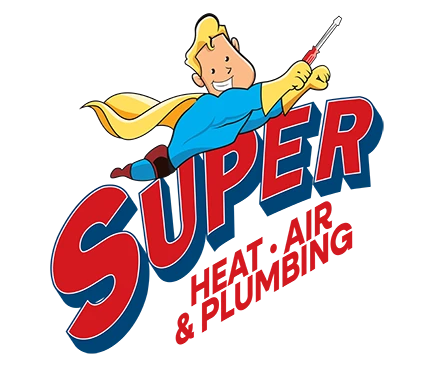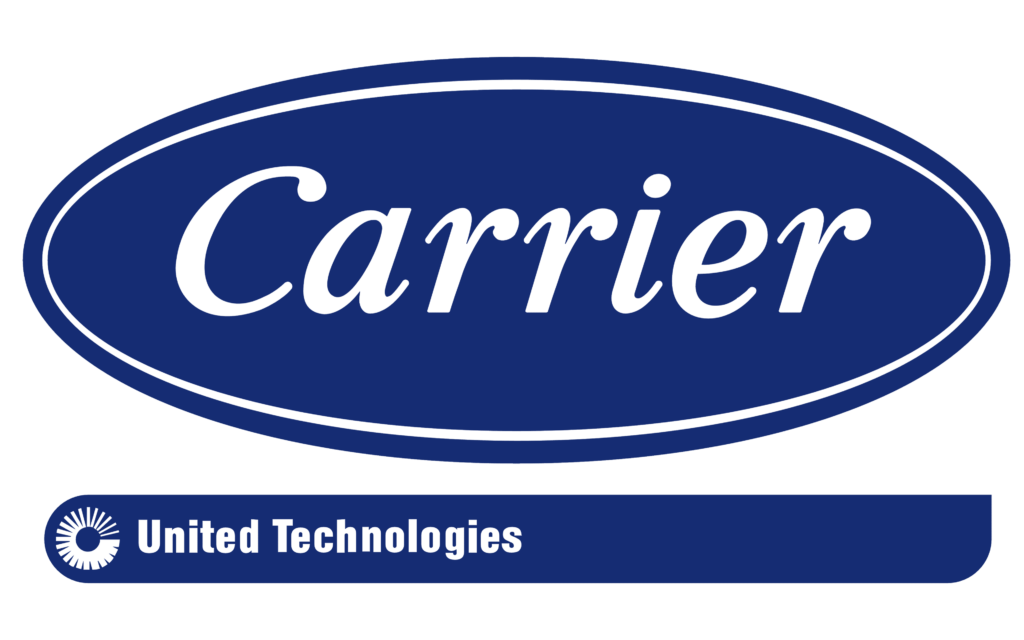Understanding the Importance of HVAC System Resilience During Hurricane Season
When hurricanes strike, your home’s HVAC system plays a crucial role in maintaining comfort and safety. A resilient HVAC system not only keeps you cool but also contributes to the overall stability of your home during a storm.
Common Hurricane Season HVAC Challenges and Solutions
Power Outages
Storms often lead to power outages, affecting HVAC functionality. Consider investing in a backup generator that can power your HVAC system during emergencies. A professional can help you choose the right generator size and install it properly.
Keep Reading > Generators and Other Storm-Ready Tips To Keep You Cool
Flooding
Flooding poses a significant threat to HVAC systems, leading to damage and potential mold growth. Elevate your outdoor HVAC unit on a platform and install flood barriers to prevent water infiltration. Schedule a post-storm inspection with an expert to ensure your system’s integrity.
Debris and Flying Objects
High winds can send debris and objects flying, potentially damaging your outdoor HVAC unit. Install protective grilles around your unit to shield it from debris impact. Regularly trim nearby trees and branches to minimize risks.
HVAC Maintenance Steps Before Hurricane Season
Before hurricane season hits, take proactive steps to safeguard your HVAC system:
Check for Leaks and Insulation: Ensure your ductwork is properly sealed and insulated to prevent moisture infiltration.
Secure Outdoor Unit: Fasten any loose parts of your outdoor unit and make sure it’s securely anchored to its foundation.
Trim Surrounding Vegetation: Trim trees and shrubs near the unit to minimize the risk of branches damaging it.
Schedule Professional Inspection: Hire an HVAC expert to inspect your system, identifying potential vulnerabilities that need addressing.
Keep Reading > How Often Should You Have Your Air Ducts Cleaned?
When to Call an Expert: Signs of HVAC System Damage Pre and Post-Storm
Before or after a storm, watch out for these signs of HVAC system damage and act promptly:
Strange Noises: Unusual sounds from your system may indicate damage to components.
Reduced Airflow: A decrease in airflow could signal blockages or damage to your system.
Water Leaks: Leaking water around your indoor unit could be a sign of flooding damage.
Inconsistent Temperature: If your home isn’t cooling evenly, your system may have been compromised.
Read More > The Benefits of Using a Smart Thermostat
Post-Storm HVAC System Recovery: DIY or Professional Help?
DIY Approach
Change the Air Filter: Replace the air filter to ensure proper airflow and indoor air quality.
Clear Debris: If safe, clear any debris around your outdoor unit to ensure proper ventilation.
Read More > Air Filters 101: Everything You Need to Know to Care for Yours
When to Call an Expert
Comprehensive Inspection: A professional inspection can identify hidden damage and ensure your system is safe to use.
Electrical Components Check: If there was a power surge during the storm, an expert should inspect electrical components.
Long-Term HVAC Resilience Strategies
Elevate Equipment: Consider elevating your indoor HVAC equipment to prevent potential flooding damage.
Invest in Surge Protection: Install surge protectors to safeguard your HVAC system from power surges.
Regular Maintenance: Schedule routine maintenance to keep your system in peak condition, making it more resilient to future storms.
A Storm-Ready HVAC System for Peace of Mind
Home hurricane preparedness extends beyond barricading windows and storing supplies. By ensuring your HVAC system is resilient and well-maintained, you’re taking a vital step towards a storm-ready home. Remember, when in doubt or when facing significant damage, always call in a professional HVAC expert at Super Heat, Air, and Plumbing to assess and address the situation.



